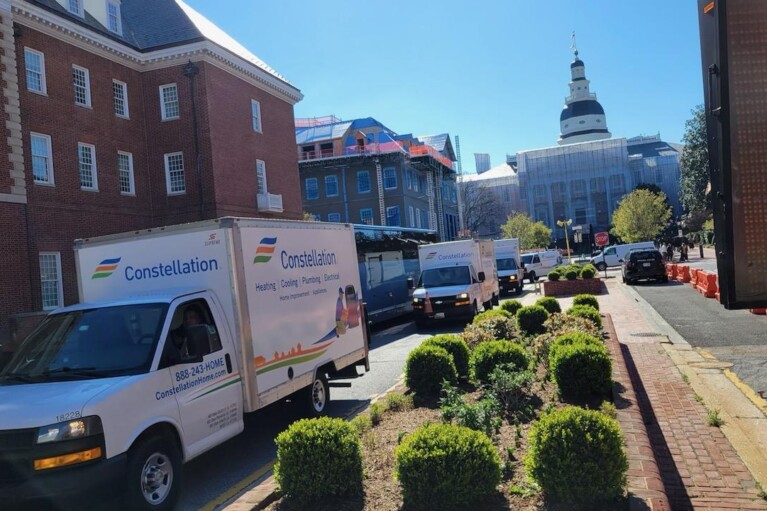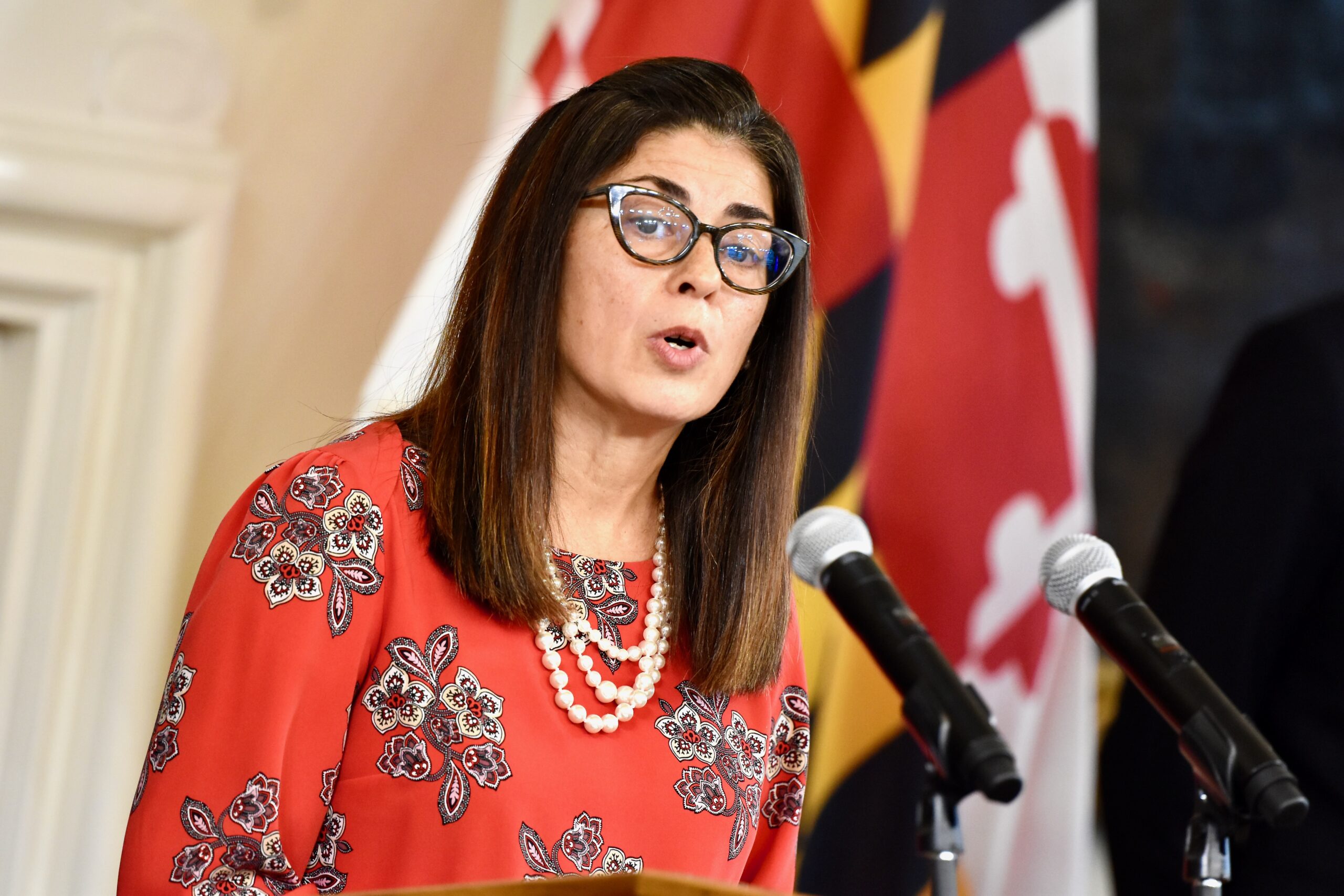Bill Seeks to Teach Black History Differently in Md. Schools

Although Finley Slenker, a student in Annapolis Middle School, learned in the classroom how Harriet Tubman helped slaves escape to safe houses through the Underground Railroad and that Martin Luther King Jr. led marches for desegregation, she said she picked up important nuances of Black history from social media and her own online research.
“A lot of the things that you’re learning in school influence the way you grow up, so if you’re growing up learning about how great our country is…you grow up in the eye of ignorance, not knowing about the dirty truths,” Slenker told lawmakers in the House Ways & Means Committee Wednesday.
Social media can offer good information on Black history, but they are also sometimes filled with “myths,” she said. This is why it is important that students learn the larger complexities of Black history from teachers instead of from the Internet, she continued.
Del. C.T. Wilson (D-Charles) presented a bill Wednesday that would require the Maryland State Board of Education to create comprehensive statewide standards for teaching Black history to public school students. Local school systems then would develop a curriculum based on these new specific standards.
The standards would go beyond Harriet Tubman and Martin Luther King Jr. and include the history of African people before slavery, the 1921 Tulsa Race Massacre, contributions of Black people in various aspects of society, and the social injustice and police brutality that Black Americans face.
While Maryland schools do teach Black history, the instruction is often brief, Wilson said. Most students have learned about these other parts of Black history on their own, and “it’s about time that we learned as a state instead of having something that we glaze over,” Wilson said.
“I think that our kids get a sterilized, broad view of the contributions of African Americans and their ancestors and we don’t really hear about the suffering.”
Very few people know about Black Wall Street in Tulsa, Oklahoma, Wilson asserted, which was once one of the most prosperous Black communities in America until it was mobbed by white residents in 1921.
He also pointed to The 1619 Project, an initiative from The New York Times that reframes America’s history with consideration to the consequences of slavery and contributions of Black Americans.
Although there is no national consensus on what such a curriculum entails, some cities have already set their own standards. Chicago Public Schools, for instance, introduced the 1619 project into its history curriculums last fall.
“This is something we as a nation, as a country and as a state need to move more towards because…there’s a vast amount of participation in African American history,” Wilson said.
As of now, Wilson’s measure states that the State Board of Education must go through the process of developing a comprehensive standards for teaching Black history, but “may adopt regulations to implement” it.
However, Wilson said he would like to strengthen the bill to ensure that the curriculum is truly integrated into local school systems with the guidance of his colleagues, who he calls “subject-matter experts,” like House Majority Leader Eric G. Luedtke (D-Montgomery), an educator.
Since the legislature does not typically mandate the details of school curriculums, Luedtke suggested that the legislature could instead apply ongoing evaluations of the state curriculums for Black history.
But Wilson said he wants to see all Maryland students learning the same history on Black Americans.
“Certain things are very important and the fact that we’ve been robbed of our history for this many years, I’m very nervous…that it’s not going to be done right or won’t be done with good faith or will do the bare minimums,” Wilson said.




 Creative Commons Attribution
Creative Commons Attribution